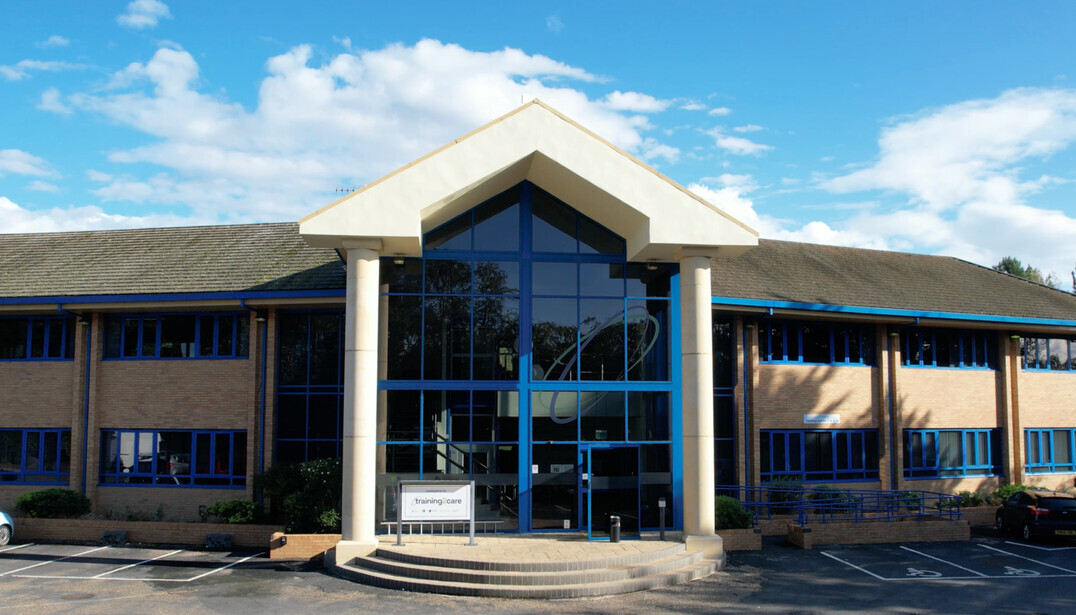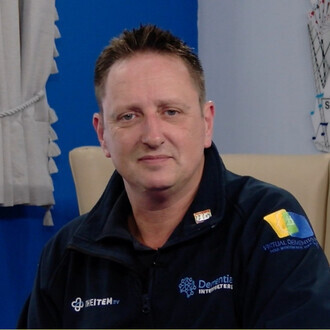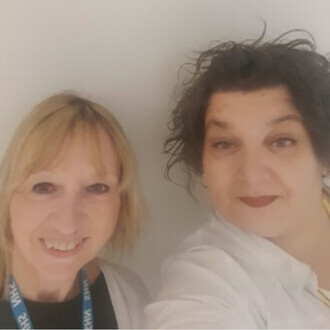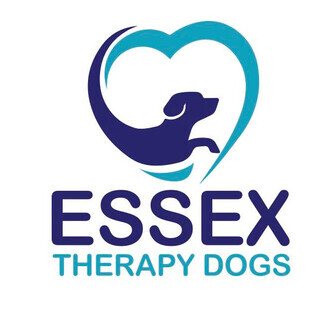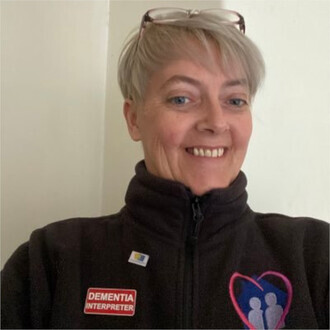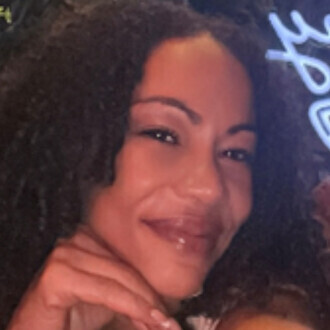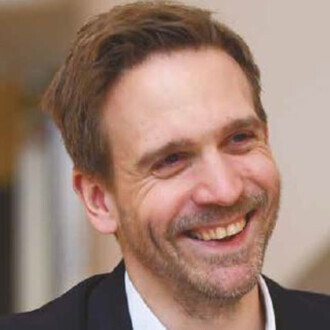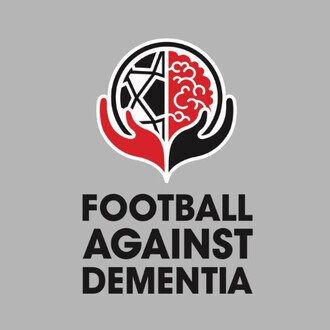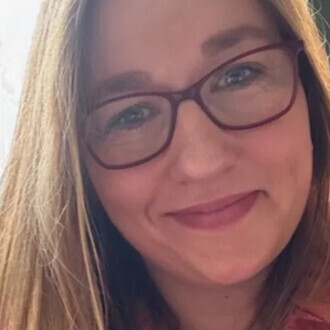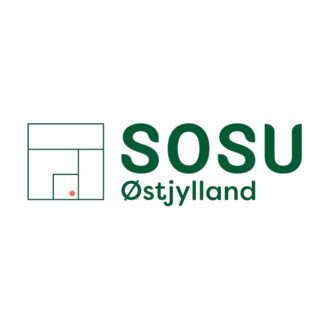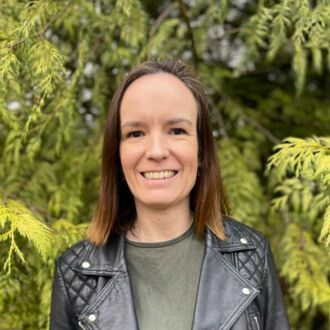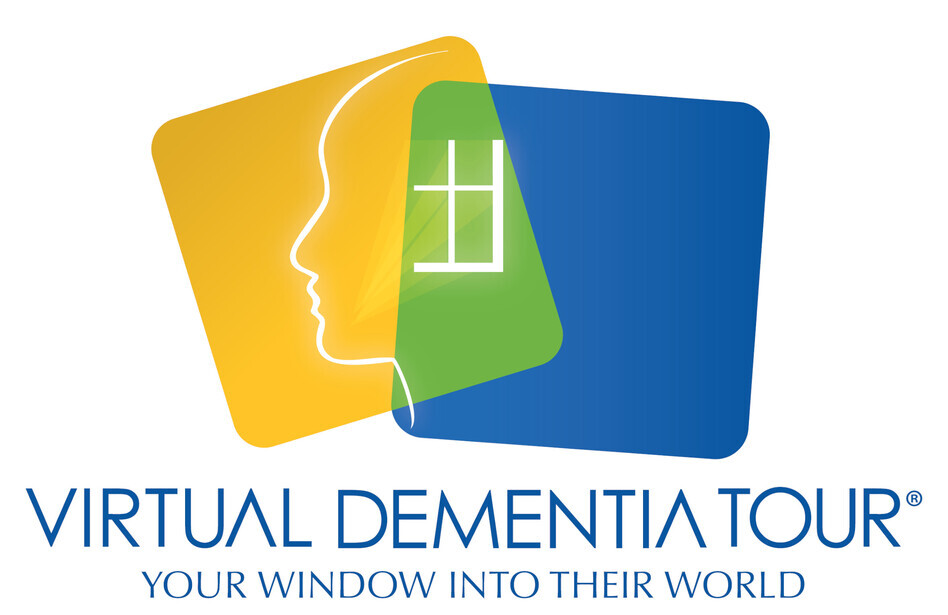Dementia is one of the greatest health and social care challenges of our time and the fight against it is one we all share.
This fight takes many forms:
- Advancing the search for treatments and cures
- Providing exceptional care to help people live well with dementia
- Transforming society to better support everyone affected, including families and carers who often face their struggles in silence
Over the last two decades, we have seen encouraging progress. Awareness of dementia has grown, and long-standing stigmas are starting to break down. But anyone who has been touched by dementia knows: we still have a long way to go.
A study published by Alzheimer’s Research UK in the last couple of years shows just how urgent the work ahead remains:
- 1 in 3 people couldn’t name a single risk factor for dementia
- 1 in 5 still believe it’s just a normal part of aging
- Nearly half of those surveyed didn’t know dementia is a terminal condition
These misunderstandings matter. They shape how people think, talk, and act. Terms like “suffering,” “challenging,” or “aggressive” remain common in conversations about dementia—phrases that foster fear, not empathy; stigma, not support.
The same study found dementia is now the most feared health condition in the UK, surpassing even cancer. Over half of respondents knew someone close to them living with dementia. This shows just how widespread—and deeply personal—this issue has become.
Yet despite this closeness, misconceptions persist. And these misconceptions have real consequences. They lead to isolation, underfunding, and a lack of support for people living with dementia and those who care for them.
But it doesn’t have to be this way.
Greater awareness and understanding can lead to small, powerful changes that transform lives. As dementia touches more and more people, responding to it with compassion, knowledge, and action must become a shared responsibility—for individuals, communities, and society as a whole.
That’s where the Take on Dementia Conference comes in.
This conference is more than an event—it’s a call to action. A space for connection, innovation, and hope. Together, we can shift the narrative around dementia from fear and misunderstanding to empowerment and progress.

